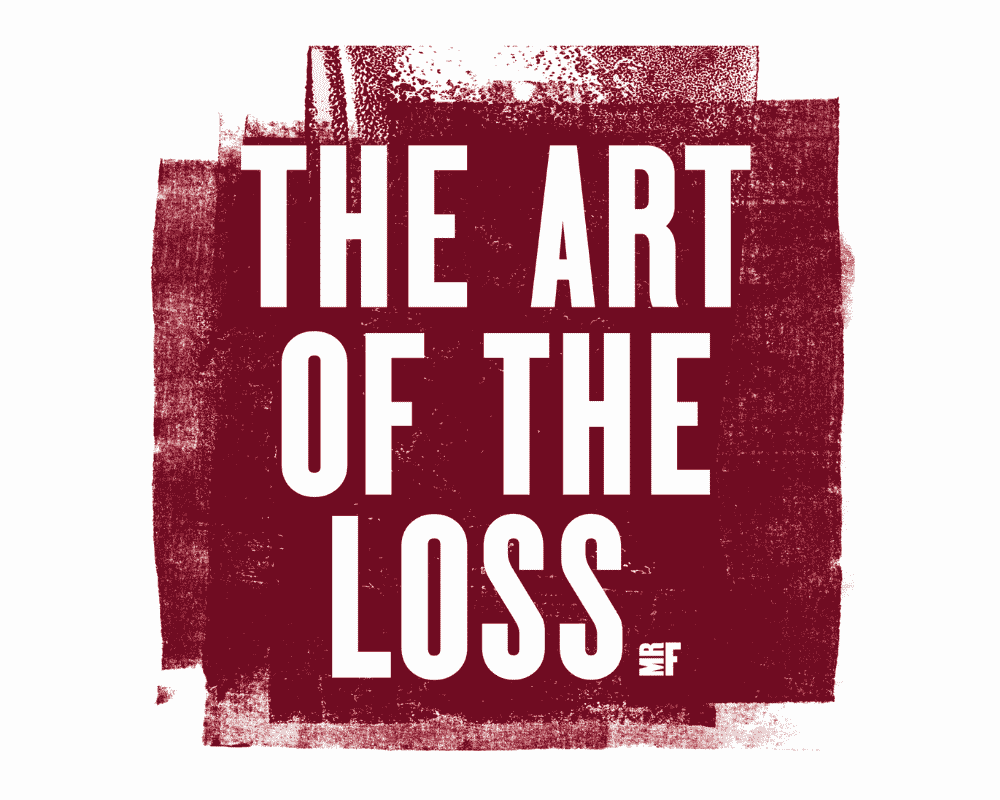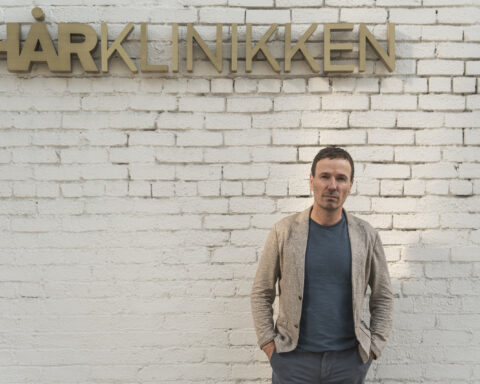Dr Jim Taylor is a world-renowned authority on the psychology of performance and parenting. He speaks from a wealth of sports experience as a former Team USA ski racer, a certified tennis coach, a 2nd degree karate black belt and instructor, a sub three-hour marathon runner and an Ironman triathlete. And his work has included consulting for the United States and Japanese ski teams, the United States Tennis Association and USA Triathlon, and he has been invited to lecture by the Olympic Committees of Spain, France, Poland, and the USA. So here, as we see the high-profile loser of the 2020 US presidential election struggling to accept defeat, the sports psychologist and author of ‘Train Your Mind For Athletic Success’ gives his thoughts on how we can best deal with the inevitable losses we experience in life.
Words by Dr Jim Taylor
One of the most dangerous words in life is “too.” You want to care about your performances, and your kids’ performances, but you don’t want to care too much. Because when you enter what I call the ‘too zone’, that means the outcome of your performance will dictate how you feel about yourself.
And what happens then is that if you lose, it becomes a threat, like a life or death experience.
This ties in with our primitive selves, when we were cave people in the Serengeti, 250,000 years ago. Back then, a loss was being confronted by a rival tribesman with a really big club. So loss then really did mean death. Back then, our natural reaction was to fight or to flee. And that helped us survive. We fought and won or we ran away.
Moving forward to 2020, we still have that same survival reaction, but not a physical death, but with what I call psychological and emotional death. So we can feel our self-esteem, self-identity or goals will die if we lose.
But the first thing to do is to put it in perspective. Is it disappointing? Is it a bummer? Sure. But is it life or death? No. In the end, even if you lose the Super Bowl, you still made the Super Bowl. And that’s some perspective right there.
It is also important to remember that the most successful people in every walk of life failed frequently, and monumentally, on the way to success. Abraham Lincoln lost a bunch of campaigns and he became president. JK Rowling’s first ‘Harry Potter’ book was rejected by numerous publishers. And the cleaning product Formula 409 was called that because the first 408 iterations didn’t work. And let’s look at Joe Biden too, he’s had some major losses in his life.
But if you can put it in perspective, then even if it’s a presidential election, it’s going to turn the volume down and take some of the sting out of it.
The next thing to take away is lessons learned. We can blame everybody else, like the other team, like the coach, like the umpire, or conspiracy theories. Or we can introspect, and say: ‘OK, why did I lose?’ Because it’s easy for protective purposes to blame others, because then it’s not my fault and it’s not an attack on me as a person.
The problem with that is that as a victim, you can’t do anything about it. And by being willing to take responsibility for your wins and your losses there is something to be gained from the experience.
And one of the most powerful emotions that I don’t want to experience personally, or my clients to experience, is regret. So the question which can be asked is, ‘Did I do everything I possibly could?’ Does that absolve you of feeling bad about losing? No. But it does take the sting out. Because you can look back and go, ‘You know, what? I tried as hard as I could. I gave my best effort.’ Because that’s controllable. You can’t always control how well you perform, but you can control your efforts.
Ultimately, there will be disappointment, but there won’t be regret if you can look back and say, ‘I gave it everything I had.’ And that eases some of the emotional pain.
When it comes to parenting, it’s important to allow your kids to feel bad after losing. Suppressing disappointment or sadness won’t help, so don’t try to distract, placate, or assuage their feelings after a loss.
Experiencing those feelings are important for emotional mastery and resilience – it’s like practice for future losses. The only way to learn to deal positively with negative emotions is to experience negative emotions. If your kids are upset, just give them a hug and a kiss, tell them you love them, and just be there with them. Don’t try to rationalize, analyze, or explain the loss when they are upset. At some point once they settle down, if they are willing, you can talk to them about the loss, what happened, lessons learned, and how to be successful in the future.
And finally, do not diminish yourself in the eyes of others after a defeat. Sore losers are vilified in our culture. It’s just it’s just bad form.
People don’t not respect you because you lose. They don’t respect you because you respond badly to life’s challenges. So if you give a gracious concession speech, or your kid goes to congratulate the other team, that says volumes about the kind of person you are. People respect people who show their humanity and their humility.
And if you can be gracious in losing, then that’s a win.











